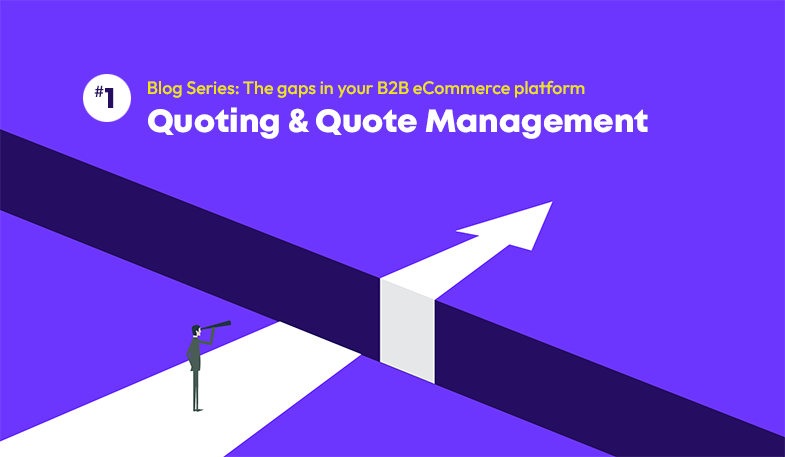Automate Product Data Cleaning For eCommerce

Product data quality on your eCommerce site is critical for SEO, on-site search, navigation, and the shopper experience. The product information available and its presentation strongly influence whether a shopper will buy or leave your website. For retailers with large product ranges and product information sourced from multiple vendors – cleaning the disparate data received into a normalized format is a challenge. A challenge, most often met by manual manipulation in spreadsheets – a highly inefficient and unrewarding task. Automating these processes lifts this burden of time and cost, ensuring vendor data is standardized efficiently into a format ready for your eCommerce site.
What is Product Data Standardization?
Product data standardization will clean vendor data into an optimized and normalized format. Allowing consistency across your eCommerce site with wording that is easy to understand, search and shop. Standardization is the first step in Vesta’s product data cleaning process before completing data classification, option (or variant) creation, and data mapping.
Within Vesta’s data standardization process, there are four cleaning procedures:
- Product name formatting
- Attribute label and value mapping
- Measurement standardization
- Acronym and abbreviation expansion
Vesta’s Product Data Standardization Process:
Stage 1: Product Name Formatting
Product names received from vendors can be in a wide variety of formats and styles. Often not consumer-friendly or optimized for consumer sales. Standardizing these to be consistent within families, categories or product types makes it easier for shoppers to scan through the options available and provides a more polished experience. It also allows the opportunity to tell the shopper more about the products, to compel them to click through.
The example below demonstrates the difference between category pages with minimal information in the product titles vs. those with rich, detailed information. It makes sense to take every opportunity to sell your product – and this stage of getting shoppers through to the product page is an essential step on the way to a sale.
SEO and search are other key success elements influenced by product names. Working with Vesta allows you to create unique product names, helping you stand out from the manufacturer and other resellers of the same product. Extending the titles to include keywords that consumers are most likely to search for can also significantly improve search accuracy, delivering the shopper the closest results to what they are looking to find.
Stage 2: Attribute Label & Value Mapping
Product data from different vendors may have various labels for the same attributes. For example – 3 vendor sheets may have the different attribute labels of Colour, Color, and CLR. Merging the data and uploading it to an eCommerce platform requires each supplier attribute label to be mapped to your selected attribute label.
Mapping prevents duplicate attributes from being created, like it has been in the example to the right, and for the information to display in the correct place on your site.
Similarly, the attribute values provided by vendors can be very diverse.
For example, this un-mapped color list, shows 13 different variants of grey. By applying attribute mapping, these 13 different variants would be grouped under the filter ‘grey,’ making a much more manageable filter list that is easier for the shopper to navigate.
Stage 3: Measurement Standardization:
Different suppliers will often present measurements in different formats from each other. Using consistent measurement systems across your site will provide a streamlined, consistent shopper experience and make it easier for visitors to digest the information and compare products.
Vesta can take measurements from vendors and perform calculations to convert them to your chosen measurement system. This system may vary based on the family, category, or product type. For example, below, cm and ft are used side by side – presenting a difficult mental calculation for shoppers to do as they quickly scan the products. It also allows for logical filter options in one measurement format and improves on-site search impacting the shopper experience and conversion rates.
Stage 4: Acronym & Abbreviation Expansion
Acronyms and abbreviations are ubiquitous in manufacturer product data, as this is the internal language understood well within their company or industry. These abbreviations, however, do not carry well to a customer site. The shopper may not understand the shortened word and will almost certainly be different from the keyword’s customers key into search.
Vesta automates the process of expanding all acronyms and abbreviations to their complete form, improving clarity for shoppers and search effectiveness. For example, below, you can see the abbreviation AL replaced with Aluminium.
Overall, product data standardization is vital to improving the consumer experience, enhancing SEO, and simplifying site navigation. Vesta can automate these product standardization processes, reducing friction, and cost in your product data management, while improving your eCommerce site’s performance. If you’d like to learn more, schedule a 15-minute consultation with one of our friendly team to find out how Vesta can streamline your product data onboarding.
Resource Center

A new blog series about the critical eCommerce capabilities missing in most eCommerce platforms for B2B companies. #1: Quoting & Sales Support

A closer look from the Ultra perspective on what we really mean when we talk about headless commerce and why it may not be right for every company.

Davis Art is now the only online K-12 publisher dedicated to the arts, creating top-notch curriculum and resources for art educators nationwide, all from the Ultra Commerce platform.
